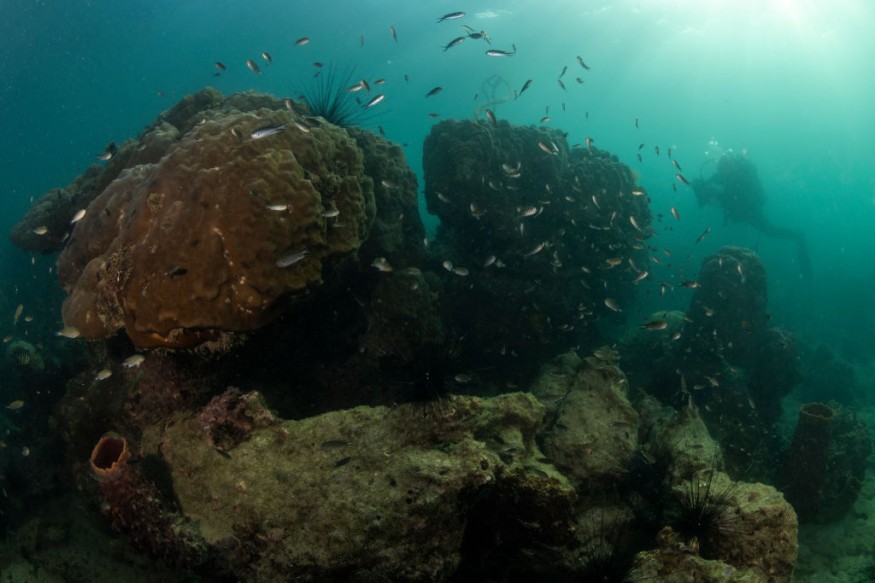Environmental scientists highlighted that coral reefs may soon disappear within the next three decades if no concrete actions are taken.
The detrimental effects of ocean warming due to human-induced climate change are imminent, but mitigating measures are still possible, according to a new scientific paper.
Coral Reefs at Risk

During the "Our Oceans Conference" held in Palau on April 14, the Vibrant Oceans Initiative consisting of an international team of environmental scientists presented their paper regarding the future of vulnerable and important habitats, as cited by the American Association for the Advancement of Science (AAAS).
The paper focused on the fact that the Earth's coral reefs are in danger of being extinct due to ocean warming caused by climate change over the years.
Coral Reef Portfolio
In spite of achieving the global temperatures of 1.5 degrees Celsius under the Paris Agreement, environmental scientists said that 90% of the world's coral reefs could still vanish within the said period.
In 2018, the Ocean Agency identified 50 coral reefs that were chosen as a site of study for surviving the effects of global warming.
Due to the ground-breaking discovery of underwater atolls were called climate change avoidance sanctuaries.
Based on the current database, the oceanic group recorded these reefs between the Gulf of Mexico and the Atlantic Ocean, bordering the coastal waters of Florida, Cuba, Haiti, and the Dominican Republic.
In other regions, the following reefs were found in the following bodies of water:
- The Atlantic Ocean, off the western coast of Brazil
- The Red Sea and Gulf of Aden, off the waters of Sudan, Eritrea, Saudi Arabia, and Djibouti
- The Indian Ocean, located off Somalia, Tanzania, Mozambique, Madagascar, India, Maldives, and Sri Lanka
- The Java Sea, off the coasts of Indonesia, Malaysia, and Singapore
- The South China Sea, near the Philippines, Malaysia, and Brunei
- The Pacific Ocean, off the shores of Australia, Papua New Guinea, Solomon Islands, and Fiji
Since then, scientists have called for the expansion of the portfolio that includes "resistant reefs" and "fast-recovering reefs," as cited by AAAS.
Proposed Recommendations
During last week's conference, the Vibrant Ocean Initiative provided an action plan consisting of the following recommendations below to protect the said "50 Reefs" worldwide:
- Continue the prioritization and conservation of the 50 Reefs as climate change avoidance sanctuaries
- Expand the 50 Reefs conservation portfolio related to coral resistance and recovery sanctuaries against climate change
- Increase the regional evaluations and financial initiatives to support the conservation efforts of the 50 Reefs portfolio
- Develop data-driven coral reef monitoring methods to examine, test, and predict climate undiscovered sanctuaries around the world
- Utilized science-based and latest guide about coral reefs to assist investment, especially topics about the environmental repercussions of climate change
- Implement the management of the 50 Reef Sites in coastal communities, applying connections to fisheries and water quality management
Ecological Degradation and Marine Ecosystems
According to the National Ocean Service of the National Oceanic and Atmospheric Administration (NOAA), climate change causes destruction to marine ecology and marine habitats, and it is considered to be the highest global threat to the world's coral reef ecosystems.
The US agency emphasized that scientific evidence shows that both the Earth's atmosphere and oceans are warming due to greenhouse gases (GHG) from human activities.
This, in turn, changes the pattern, frequency, and intensity of tropical storms that affect the coral reefs.
© 2025 NatureWorldNews.com All rights reserved. Do not reproduce without permission.





